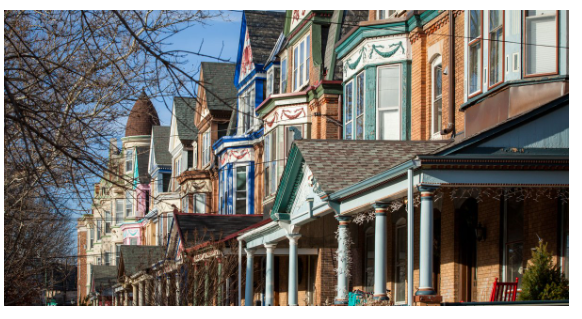How long have there been housing co-ops?
Since the nineteenth century, the number of families and individuals living in housing co-ops of various types has grown to over 1.2 million. A housing cooperative is a body through which people can collectively own a house. A housing cooperative is formed when people join with each other on a democratic basis to own or control the housing or related community facilities where they reside. Usually (as in LCA’s case) they do this by forming a not-for-profit cooperative corporation.
How does rent work?
Each month we pay an amount that covers our share of the operating expenses of the co-operative as a whole. Some of the benefits of choosing cooperative homeownership include personal income tax deductions, lower turnover rates, controlled maintenance costs, community empowerment and resident participation and control.

Who’s in Charge?
In the the LCA, we use a consensus-seeking decision-making process. Democratic control by members is the key to housing co-ops. All of our members are co-owners of LCA. Beyond that, each LCA house runs differently, ranging from individual apartment-style living to more communal, collective living. This has always been the case; historically, some collective LCA houses even shared individuals’ incomes. Some LCA members still do share incomes, often because they are family units living within an LCA community. The vast majority of our members are Queer and BIPOC. We are families, and artists, teachers, and activists.
